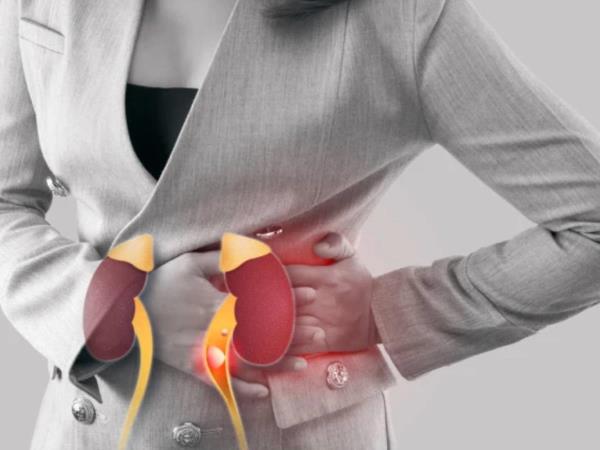The fact is that many kidney stones are often calcium-based. Therefore, it is logical that less calcium in the diet means fewer chances of deposits. However... Modern research shows the opposite...
A study published in 2004 in Archives of Internal Medicine followed 96,245 women aged between 27 and 44 years with no history of kidney stones. While these women followed their regular dietary habits, scientists found something surprising: those who consumed the most calcium from food had a 27% lower likelihood of developing kidney stones, compared to those with the lowest intake. At the same time, they found that calcium supplements had no protective effect.
An additional surprise was phytic acid. This compound is found in fiber-rich foods such as whole grains, nuts, seeds... It is a substance that binds minerals, causing them to be excreted unabsorbed. The study revealed that women with the highest intake of phytic acid had a 37% lower risk of developing stones.
Key finding: more calcium from food, fewer stones. Dietary supplements have no protective effect. Phytic acid reduces the risk of stones by about two-fifths.
Why is there such a clear difference between calcium from food and supplements?
Main reason: calcium, when consumed with a meal, binds oxalate (a compound often responsible for stone formation) in the stomach or intestines, preventing oxalate from getting into the blood, which the kidneys would later excrete as a stone. If you take it in capsule form between meals, you simply do not protect your kidneys from this risk.
Broader research perspective: Curhan and colleagues, 1997, followed as many as 903,849 individuals. They discovered that women with the highest intake of calcium from food had a 0.65 times lower risk of symptomatic stones (35% less), while those using supplements had a 20% higher risk compared to those not taking supplements. They attribute this difference mainly to the way supplements are taken. Supplements were not taken with meals containing oxalate.
Additionally: Wikipedia cites results from studies such as the Women's Health Initiative, where postmenopausal women took 1,000 mg of calcium supplements and 400 IU of vitamin D daily for 7 years. They had a 17% higher risk of developing kidney stones. However, they emphasize that a high intake of dietary calcium does not have this effect and actually protects against stones.
To summarize: kidneys love calcium, but only when consumed as part of a meal (e.g. dairy products, vegetables, nuts, whole grain bread). If taken as a tablet throughout the day, you do not achieve the desired protective effect.
Therefore, it is advisable to plan a menu rich in dietary calcium (recommended daily intake should be between 800 to 1,200 mg per day - this is a moderate but beneficial amount). Many nutritionists also recommend foods that care for the kidneys. So, include at least three servings of milk or yogurt daily, or eat a handful of calcium-containing nuts (almonds, sesame seeds...), as well as dark leafy greens (wild garlic, Swiss chard, spinach in moderation). Your diet should also include phytic acid (whole grains, beans, lentils, nuts...). All of this will reduce the chances of stone formation by 37%.
Of course, water is still the kidneys' best friend: if you drink enough, producing at least 2 liters of urine per day, the risk of (re)forming stones will significantly decrease.
And if you are thinking about supplements, take them exclusively with meals to bind oxalate; otherwise, they simply won't work as you desire.
Datum: 9. AUG 25 - GOOD TO KNOW
Kidneys Love Calcium
Many doctors still advise people with kidney stones to reduce their calcium intake. Why?
(FW)
 Would you like to be informed about news on the website?
Would you like to be informed about news on the website?
Just enter your e-mail
Kidney stones prevention
Calcium from food vs supplements
Phytic acid benefits
Dietary calcium intake
Oxalate binding with calcium
|
Copyright (c) Foodwhisper.com March 2018 |
π | Contact: info@foodwhisper.com |
About us | Facebook |  |









